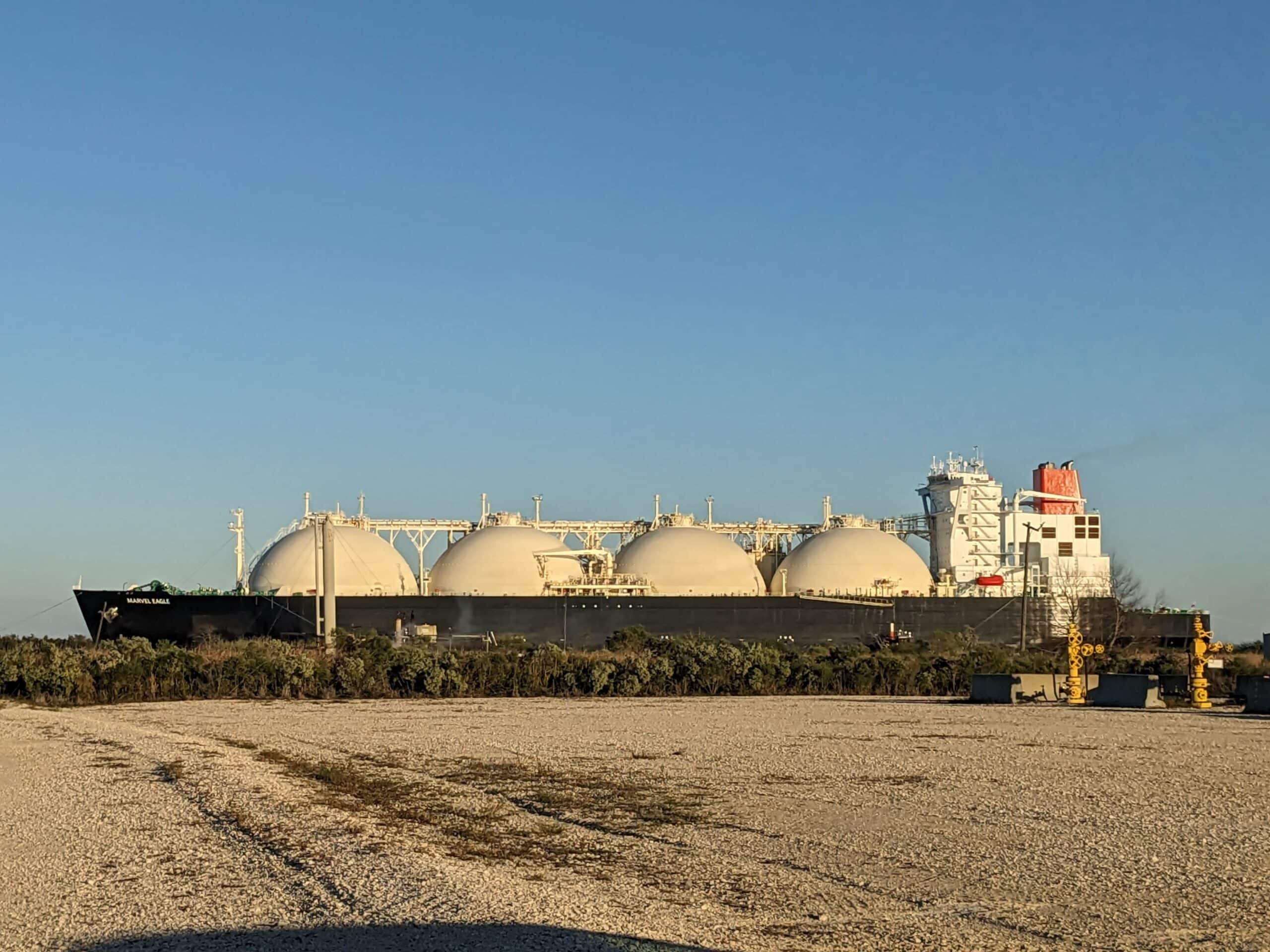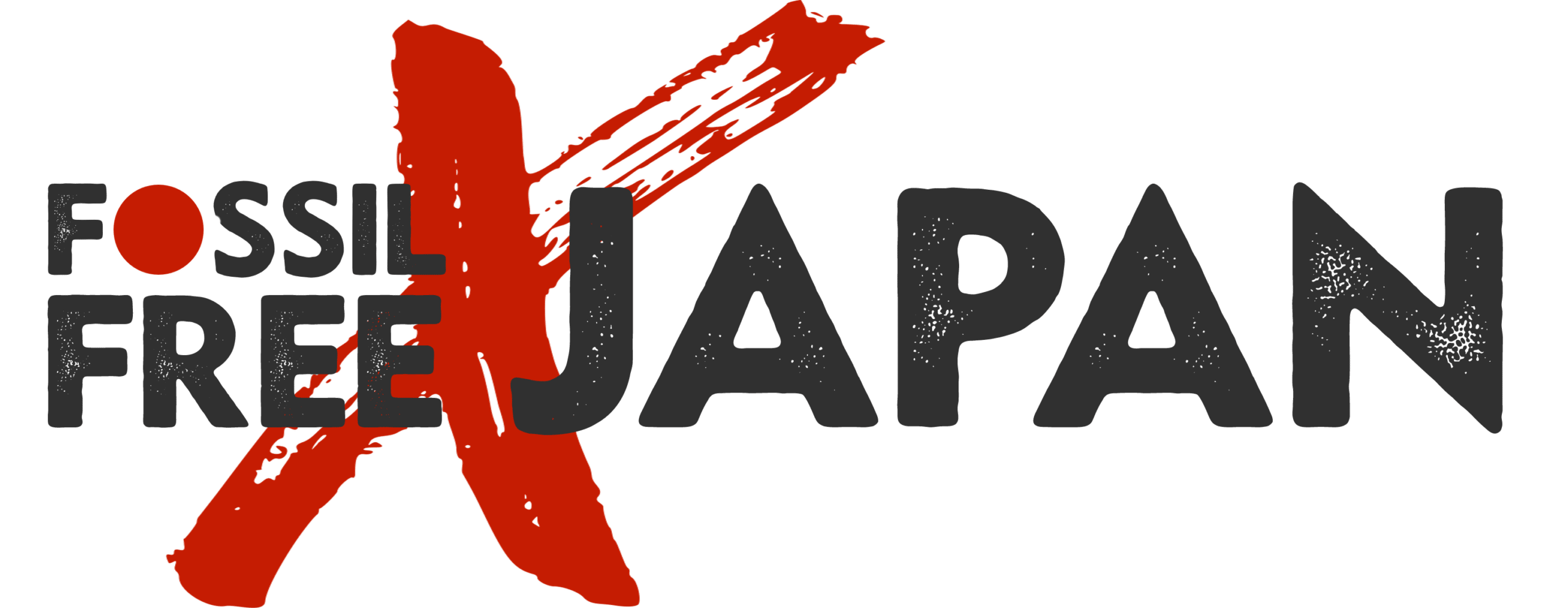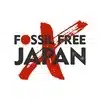
Dear President Biden, dear Secretary Granholm,
We write to you as civil society organizations across the Asia-Pacific (APAC) region representing communities and experts with a deep understanding of the region’s gas infrastructure and energy security. We welcome the administration’s reassessment of the Department of Energy’s permitting process and the potential pause on new Liquified Natural Gas (LNG) export permits.
A halt in new LNG export permits will not endanger the energy security of APAC nations. Rather, it has tremendous potential to help countries in the region align their long-term climate targets with the Paris Agreement. We urge you to use this moment to review the permitting process based on a thorough assessment of the human rights implications and environmental impacts and whether this is undoubtedly in the public interest.
The APAC region categorically does not need new LNG supply. U.S. LNG exports only fuel instability by keeping the region reliant on fossil gas, undermining its potential to set ambitious renewable energy targets. The market and price volatility that was felt throughout the most recent energy crisis – this time caused by Russia’s invasion of Ukraine – severely undermines the narrative of gas being a stable and reliable bridge for our region’s fast-growing economies1. With this current tight market and the inertia that is inherent to the expensive gas infrastructure2, the only answer to APAC’s current and future energy demand should be reducing its dependence on burning imported fossil gas and accelerating an equitable transition towards a renewable energy system. We believe this potential decision could avoid path dependency and a cumulative buildup of stranded assets.
South Korea and Japan have been the largest importers of U.S. LNG3. However, domestic demand in both countries is set to significantly decrease over the coming decade45. According to the Japanese government’s Strategic Energy Plan, the share of LNG in the total electricity supply will decrease to 20% in 2030 down from 37% in 20196, and South Korea’s 10th Basic Energy Plans signals a decrease in the share of LNG in the total power generation to 9.3% in 2036 down from 28% in 20227. At a regional level, demand for fossil gas is set to decrease by 40.4% from 2022 levels by 2050 under the Announced Pledges Scenarios8, demonstrating that any new export permits have a high risk of becoming stranded assets.
Meanwhile, as the administration is aware, South Korea and Japan are working closely with the U.S. on the buildout of LNG carriers and import infrastructure in the region as well as export infrastructure on U.S. ground. Very well knowing that gas demand should and will go down across the globe – including in China and India – APAC countries have to rethink their relationships to fossil gas. With this decision, the U.S. has the potential to show climate leadership, helping ensure that all APAC countries irrevocably align their own energy needs with human rights and environmental impact at its core.
The environmental and social impact of gas is downplayed too often by the industry while communities and the climate continue to suffer from the gas expansion. In South Korea, gas power generation is estimated to cause up to 859 premature deaths per year by 2035 if efforts to curb gas use go unheeded9. And in Pakistan, a country that is already facing the worst climate impacts (most notably with the 2022 floods in which more than 1,730 people lost their lives and caused over USD14.9bn of damage10), imported LNG has caused an energy crisis which is wreaking havoc on their economy11. Japanese and US companies are on the brink of releasing a carbon bomb in Bangladesh’s Chattogram region through the buildout of new LNG terminals and power plants which would release 1.3 billion tonnes of carbon dioxide if completed12. This will expose an already vulnerable population to an annual average particulate pollution level that far exceeds the World Health Organization’s guideline13. In the Philippines’ Verde Island Passage, one of the world’s richest marine biodiversity regions, LNG import infrastructure is severely impacting the livelihoods and food security of an estimated 2 million Filipinos and putting marine life at risk1415.
The Biden administration must use this momentum to help accelerate the APAC region’s transition to a renewable, more efficient energy system. Enacting a temporary pause on LNG export permits will not put the region’s energy security at risk, while at the same time signaling a huge leap forward in tackling the climate crisis. This pause must be followed by new, robust guidelines that do not put our communities at risk and fully consider the impacts of the current gas buildout and the subsequent continued reliance on fossil fuels.
Signed:
- Solutions for Our Climate (SFOC), South Korea
- Friends of the Earth Japan, Japan
- Oil Change International, Global
- Don’t Gas Indonesia, Indonesia
- Senik Centre Asia, Regional
- Alternative Law Collective ALC LAW LLP, Pakistan
- Institute for Climate and Sustainable Cities (ICSC), Philippines
- Japan Center for a Sustainable Environment and Society (JACSES), Japan
- Just Energy Transition in Thailand, Thailand
- Waterkeepers Bangladesh, Bangladesh
- Jubilee Australia Research Centre, Australia
- Dhoritri Rokhhay Amra (DHORA), Bangladesh
- Asian Peoples Movement on Debt and Development (APMDD), Regional
- Market Forces, Australia
- Asian Energy Network, Regional
- Centre for Financial Accountability, India
- NATIONAL HAWKER FEDERATION, India
- All India Women’s Hawker Federation, India
- The Earth, Bangladesh
- Bangladesh Krishok Federation, Bangladesh
- Re-course, Global
- Center for Energy, Ecology, and Development (CEED), Philippines
- Angat Generation Climate (Angat GenC), Philippines
- Coastal Livelihood and Environmental Action Network (CLEAN), Bangladesh
- Participatory Research and Action Network (PRAAN), Bangladesh
- NGO Forum on ADB, Regional
- Bangladesh Working Group on External Debt (BWGED), Bangladesh
- 350 Pilipinas, Philippines
- 350.org Asia, Regional
- Indus Consortium, Pakistan
- The Australia Institute, Australia
- Karen Environmental and Social Action Network (KESAN), Burma/Myanmar
- Climate Watch Thailand, Thailand
- Solutions for Climate Australia, Australia
- Taiwan Climate Action Network, Taiwan
- Mekong Watch, Japan
- Urgewald, Germany
- Walhi West Java, West Java Province
- Fridays For Future Nagoya, Japan
- Pakistan Fisherfolk Forum, Pakistan
- Chungnam Korea Federation for Environment Movements, South Korea
- Gyeongnam Climate Crisis Emergency Action, South Korea
- The Knowledge Forum, Pakistan
- WALHI, Indonesia
- Indian Social Action Forum, India
- Fridays For Future Nagoya, Japan
- Mineral Inheritors Rights Association, India
- Environics Trust, India
- Koli Yuva Shakti, India
- Ride for Gender Freedom, India
- 350.org Japan, Japan
- Oriang Women’s Movement Inc., Philippines
Footnotes:
1. https://ieefa.org/resources/economic-case-lng-asia-crumbling
2. https://www.e3g.org/news/global-gas-demand/
3. https://www.eia.gov/dnav/ng/ng_move_expc_s1_a.htm
4. https://ieefa.org/sites/default/files/2023-02/Global%20LNG%20Outlook_February%202023.pdf
5. https://oilgas-info.jogmec.go.jp/nglng/1007905/1009988.html
6. https://www.enecho.meti.go.jp/en/category/others/basic_plan/pdf/6th_outline.pdf
7. https://www.kier.re.kr/resources/download/tpp/policy_230113_data.pdf
8. https://iea.blob.core.windows.net/assets/42b23c45-78bc-4482-b0f9-eb826ae2da3d/WorldEnergyOutlook2023.pdf
9. https://energyandcleanair.org/publication/bridge-to-death-air-quality-and-health-impacts-of-fossil-gas-power/
10. https://www.worldbank.org/en/news/press-release/2022/10/28/pakistan-flood-damages-and-economic-losses-over-usd-30-billion-and-reconstruction-needs-over-usd-16-billion-new-assessme
11. https://www.bloomberg.com/features/2023-how-commodity-traders-switched-off-pakistan-energy/
12. https://fossilfreechattogram.com/the-problem/
13. https://fossilfreechattogram.com/wp-content/uploads/2022/05/MF-BAPA-WKB-Report-A-Carbon-Catastrophe-in-the-Making.pdf
14. https://www.conservation.org/philippines/projects/verde-island-passage
15. https://ceedphilippines.com/wp-content/uploads/2021/07/Primer-on-Fossil-Gas-July-2021-English.pdf

